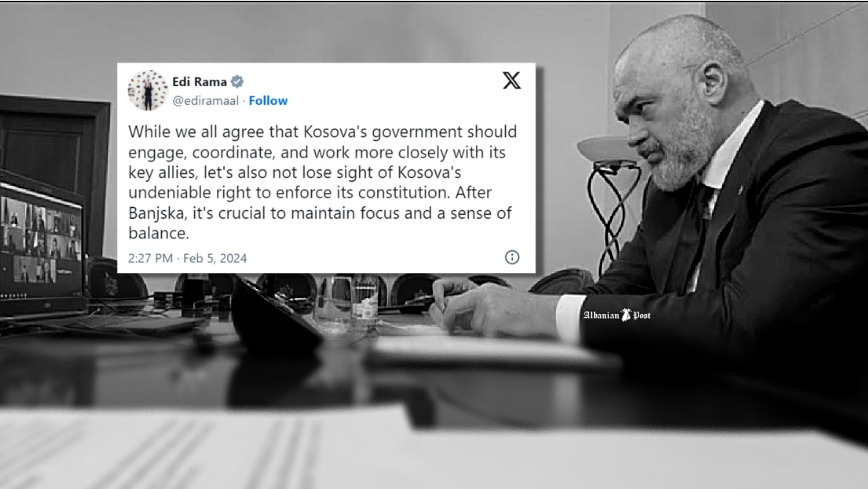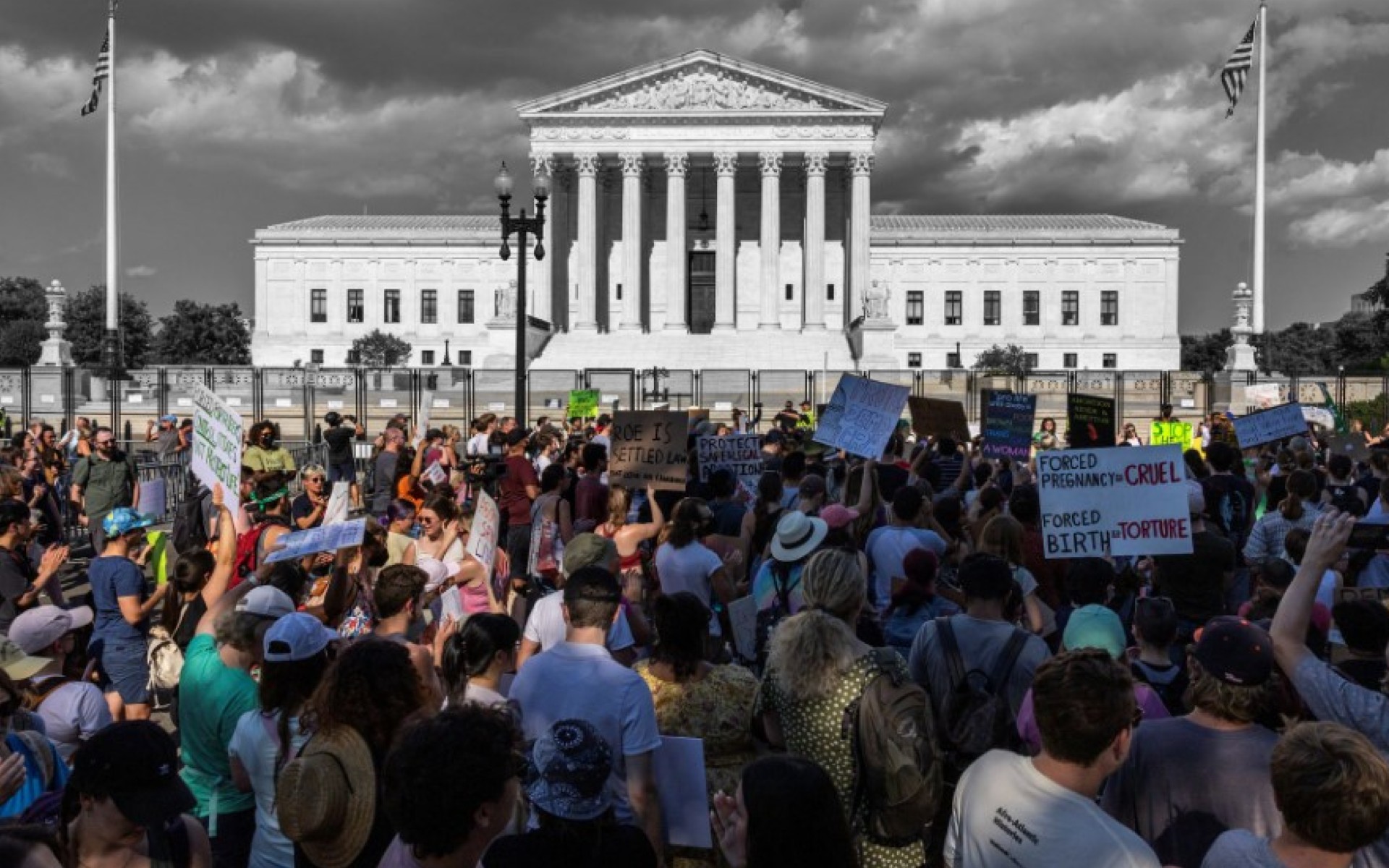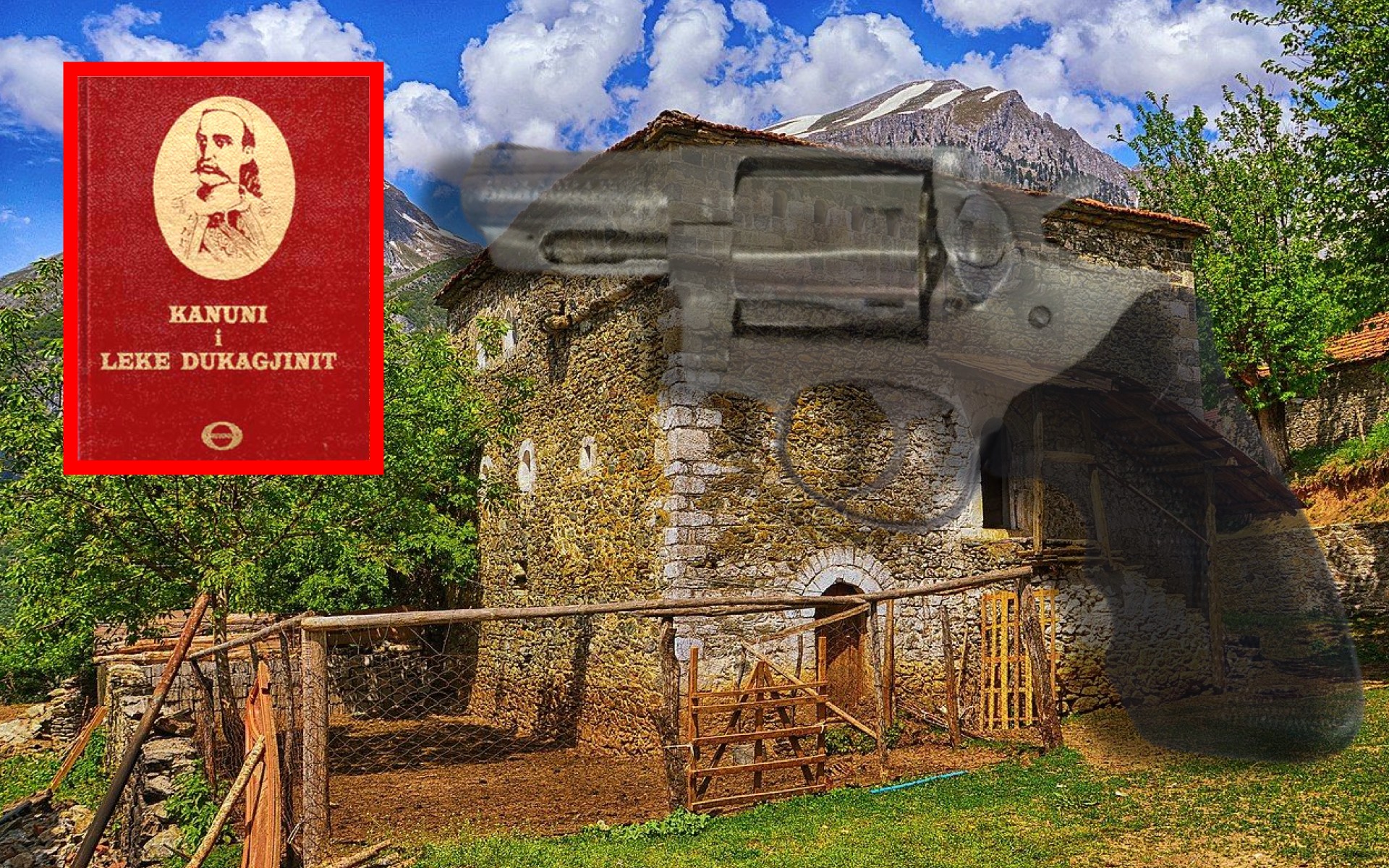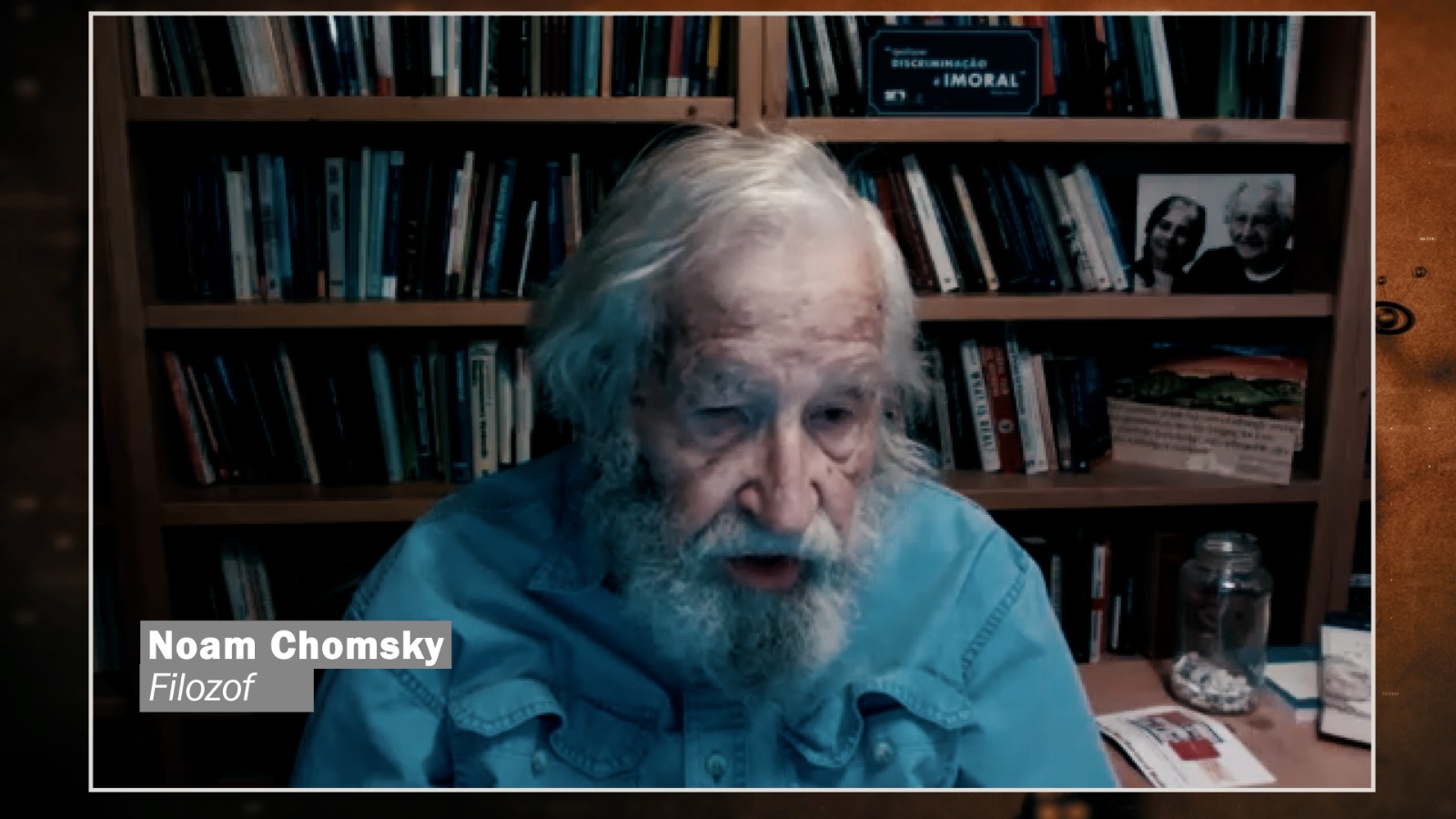
Philosopher and political theorist, Noam Chomsky, has never been easily digestible by the general Kosovar public.
Being a hardcore critic of US foreign policy for almost a lifetime, his critiques have never been warmly welcome in Kosovo, a country that arguably is the most pro-American in the world.
His critiques of the NATO intervention in Kosovo, have faced uncompromised resistance.
However, in an interview with Albanian Post, which is also his first conversation with an Albanian media, he says that “I was never opposed to Kosovo’s independence”.
Chomsky states that he that it was “a good idea”. His critiques, he says, were directed towards NATO.
“First of all, I was not opposed to Kosovo’s independence, I thought it was a good idea. What I was opposed to was the NATO war, which radically escalated the atrocities exactly as it was anticipated”, he told Albanian Post.
“If you look at the Kosovo situation in 1998-1999, we know a great deal about it, because Kosovo was saturated with OSCE observers who wrote detailed reports about what was going on. There was a regular level of crimes”.
Chomsky, although within his optic of criticism towards NATO, says that back then confrontations between the KLA guerillas and the Yugoslav army, escalated to great proportions. Though he attributes the first sparks to KLA, the greater blow came from the Serb response.
“What was happening was that KLA guerillas were entering Kosovo from Albania causing many killings, there were Serb responses that were bitter, brutal and killing even more people. In fact, Thaçi and the heads of the KLA explicitly stated that their goal was to elicit Serb’s response so that sooner or later there’d be a NATO response. This was happening until 1991”.
He mentions the Rambouillet discussions and says that there had been room for negotiations and that despite that “US decided to invade”. He doesn’t say that the reason for the failure of those negotiations was Slobodan Milosevic that refused the proposals of the agreement.
“In March there were the Rambouillet discussions. There were several proposals on the table, there was room for negations between them. The United States decided to invade knowing with certain confidence that it would sharply increase atrocities. General Clarke the NATO commander, meaning the US commander, informed Washington before the invasion, that if there was to be an invasion it would sharply increase casualties on the ground; he informed the press a day before the invasion there would be a sharp increase in casualties. That happened. The US started bombing, and Serbs reacted on the ground exactly as it was anticipated. Huge atrocities went on for 78 days”, said Chomsky.
“And then came the agreement. The agreement was a compromise between was on the table in March. So, the effect of the US refusal was to kill lots of Kosovars knowing that that’s exactly what would happen. Then came the agreement, I can like them, I can dislike them, but the slaughter was unnecessary. That’s what I opposed. Kosovo, its political status should be determined by its population. Overwhelmingly they’ve wanted independence, so fine, independence”.
Asked about alarms that there could be military escalations in the Balkans, namely in the Bosnian Serb entity and in the predominantly Serb-populated northern part of Kosovo, Chomsky said he did not see such a thing happening.
“It can happen, but there’s no sign of it. There are a lot of rotten things going on in the Serbian-run region of Bosnia. In the Serb Republic of Bosnia, there are a lot of rotten things, also in the Croatian areas. But it’s not affecting in a way the Russian invasion of Ukraine and the Western response to it. I don’t see it happening, they’re too peripheral”.
As for the dialogue between Kosovo and Serbia, he, although sounds out of date, says that without a strong international commitment, a lasting solution can hardly be reached.
According to him, Serbs in Kosovo should be arranged according to a “federal” model with a “degree of autonomy”.
“There are two elements to this. One is what’s happening internally between Kosovo and the Serbs. That’s one question. The other question is can the international community take a constructive attitude towards it. If you look at the settlements of the conflicts in the region and elsewhere, they’ve usually proceeded when the great powers entered and agreed to some kind of accommodation. Well, right now with the war going on in Ukraine it’s almost beyond imagination that right now Russia and the United States will enter into serious discussions about how to resolve the Kosovo issue”.
“There should be an accommodation between Kosovo, the majority Albanian population, and the minority Serbian population in one corner of Kosovo, to move towards some form of accommodation in a federal arrangement with a degree of autonomy for the Serbian region. I think that that’s what should happen. That again requires the same two factors. First of all, there should be an agreement on the ground between the Kosovars and the Serbs, they have to come to an accommodation, and as you said, that’s not happening”.
In most of his explanations, Chomsky uses one-sided arguments depending on how convenient it is to build his line.
For example, when it comes to the NATO bombing, he does not look at the story that led to the decision to bomb, but only deals with the bombing campaign, judging it as wrong.
On the other hand, when talking about the recent situation in Ukraine, does quite the opposite.
It only talks about the history of the problem, which according to him led to Russian aggression and the attempted occupation of Ukraine, but never deals with Vladimir Putin himself and the decision to attack a democratic state.
Last from the rubric
-
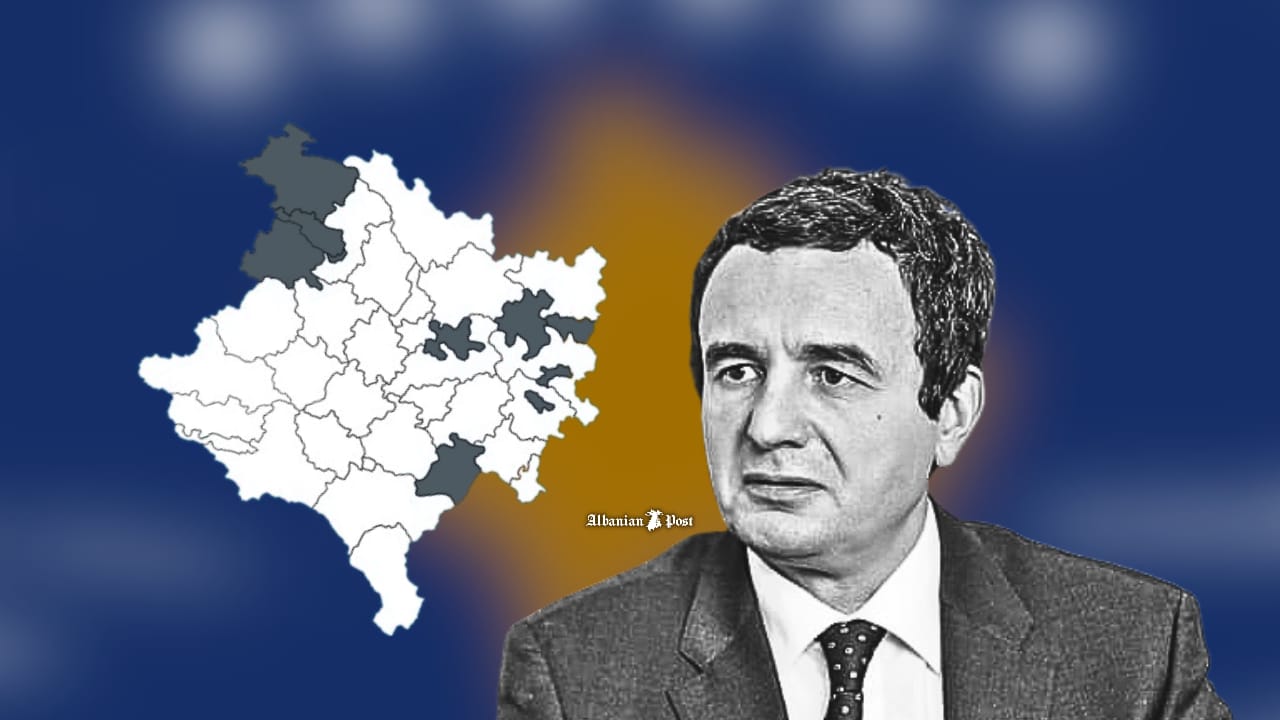
How can someone ask for more?
-

“Decision on Dinar – unfortunate and unnecessarily provocative”, interview of Albanian Post with Jonathan Moore
-

Albin Kurti’s eight fundamental problems
-

“History will record that the KLA and the United States were partners in preventing a genocide,” exclusive interview with James Rubin
